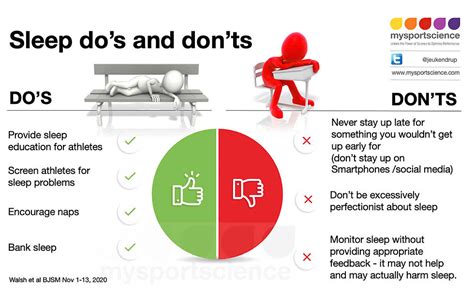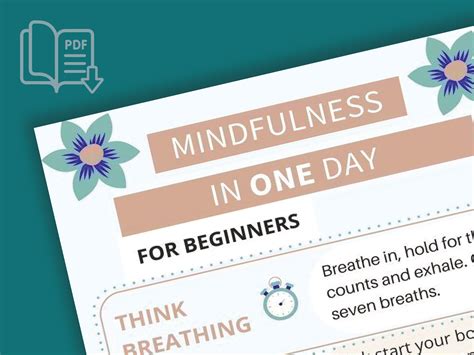What daily habits optimize sleep for peak energy, recovery & focus?

Sleep is far more than just a period of inactivity; it’s a vital biological process where your body and mind actively repair, rejuvenate, and consolidate memories. Neglecting sleep can lead to a cascade of negative effects, impacting everything from your mood and cognitive function to your physical health and overall productivity. The good news is that optimizing your sleep doesn’t require drastic life changes, but rather a series of consistent, small daily habits that compound over time to yield significant benefits for peak energy, recovery, and focus.
Establishing a Consistent Sleep Schedule
One of the most powerful habits for improving sleep quality is maintaining a consistent sleep-wake schedule, even on weekends. Your body thrives on routine, and going to bed and waking up at roughly the same time every day helps regulate your circadian rhythm – your internal 24-hour clock. This regularity signals to your body when to release sleep-inducing hormones like melatonin and when to prepare for wakefulness, leading to easier transitions into and out of sleep.
Aim for 7-9 hours of sleep per night, and try to find a consistent bedtime and wake-up time that works for your lifestyle. While occasional deviations are inevitable, striving for consistency will train your body to expect sleep at a certain time, making it easier to fall asleep and wake up feeling refreshed.

Optimizing Your Pre-Sleep Routine
The hour or two before bed is crucial for preparing your body and mind for sleep. Creating a relaxing pre-sleep routine can signal to your brain that it’s time to wind down. This might include activities such as reading a physical book, taking a warm bath or shower, listening to calming music, or practicing gentle stretching or meditation.
Crucially, avoid stimulating activities and bright screens (phones, tablets, computers, TVs) during this period. The blue light emitted by these devices can interfere with melatonin production, making it harder to fall asleep. Similarly, limit caffeine intake in the late afternoon and evening, and be mindful of alcohol consumption, which can disrupt sleep architecture even if it initially makes you feel drowsy.
Creating a Sleep-Conducive Environment
Your bedroom environment plays a significant role in the quality of your sleep. Transform your bedroom into a sanctuary dedicated to rest. The ideal sleep environment is dark, quiet, and cool. Blackout curtains can block external light, and earplugs or a white noise machine can mask disruptive sounds. Aim for a room temperature between 60-67 degrees Fahrenheit (15-19 degrees Celsius), as this range is generally considered optimal for sleep.
Invest in a comfortable mattress and pillows that support your body properly. Keep your bedroom tidy and free of clutter, as a chaotic environment can contribute to a restless mind. Lastly, reserve your bedroom primarily for sleep and intimacy, avoiding work or other stimulating activities there to reinforce the association between your bedroom and rest.

Diet, Exercise, and Hydration for Better Sleep
What you put into your body and how you move it throughout the day profoundly affects your sleep. Regular physical activity, especially moderate-intensity aerobic exercise, can significantly improve sleep quality and duration. However, timing is key; try to finish intense workouts at least a few hours before bedtime to allow your body to cool down and calm down.

A balanced diet rich in whole foods, fruits, vegetables, and lean proteins supports overall health, including sleep. Avoid heavy, fatty, or spicy meals close to bedtime, as they can cause indigestion and discomfort. While a light snack before bed might be helpful for some, a large meal can disrupt sleep. Similarly, stay adequately hydrated throughout the day, but reduce fluid intake in the hour or two before bed to minimize nighttime bathroom trips.
Managing Stress and Mindfulness
Stress and anxiety are notorious sleep disruptors. Incorporating stress-management techniques into your daily routine can dramatically improve your ability to fall and stay asleep. Practices such as mindfulness meditation, deep breathing exercises, or journaling can help calm an overactive mind, process daily thoughts, and reduce mental clutter before bed.
Even a few minutes of mindful breathing or focusing on positive affirmations can make a difference. If you find your mind racing with worries, try writing them down in a ‘worry journal’ earlier in the evening, with the intention of addressing them tomorrow. This can help release them from your immediate thoughts, allowing your mind to relax and prepare for sleep.

Optimizing sleep is not a one-time fix but an ongoing commitment to daily habits that support your body’s natural rhythms. By consistently implementing these strategies – maintaining a regular schedule, refining your pre-sleep routine, creating a conducive environment, making smart diet and exercise choices, and managing stress – you can unlock the transformative power of restorative sleep. The reward will be a noticeable boost in your daily energy levels, enhanced physical and mental recovery, and a sharper, more sustained focus, empowering you to perform at your peak in all areas of life.









